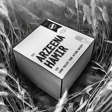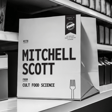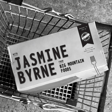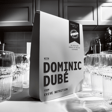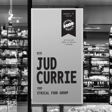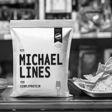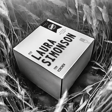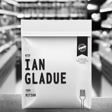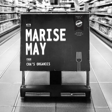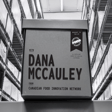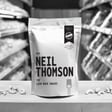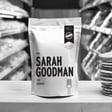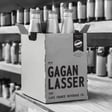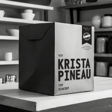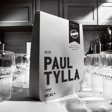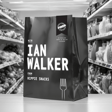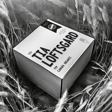
Jennie Coleman | Equifruit
This is the final episode of Season 1 and I’m going bananas (insert laugh track here?, ah no?). In this chat with Jennie from Equifruit, we dive into the complexities of the global banana supply chain and the mission behind their fair trade business model.
Jennie takes us behind the scenes of conventional banana farming practices and how they have contributed to low wages, poor working conditions, and environmental harm.
Her solution? It’s simple. If the average household would be willing spend an additional $10 a year on bananas we would make a significant impact on farmers’ lives, ensuring fair employment, safe working conditions, and environmentally responsible practices.
To learn more please visit https://equifruit.com.
To learn more about the people and purpose behind this podcast go to: https://www.ethicalfoodgroup.com
Here are highlights from the conversation:
Mission-Driven Approach: Equifruit is committed to importing only fair trade bananas, ensuring fair wages, safe working conditions, and environmental stewardship in the banana industry.
Addressing a Broken Supply Chain: Jennie highlights that conventional banana farming relies on cheap prices, which lead to low wages, poor working conditions, and environmental degradation.
Affordable Change for Consumers: Switching to fair trade bananas costs consumers about $10 more per year, a small price that can create substantial positive impact for banana workers and farmers.
Support from Major Retailers: Equifruit's fair trade bananas are available at major stores, including Walmart and Costco, with Jennie noting the importance of supportive retail partners, whom she calls “banana badasses.”
Global Fair Trade Banana Vision: Jennie envisions a world where 100% of bananas are bought and sold on fair trade terms, striving for a fairer distribution of value in the industry.
Impact of Consumer Choices: Equifruit encourages consumers to request fair trade bananas from their grocery stores, fostering a grassroots movement for sustainable change.
Marketing with Humor: Equifruit uses humor in its marketing, with campaigns like “the only banana that sharks eat,” combining lighthearted messages with impactful information on fair trade.
Women-Owned, B Corp Certified: Equifruit is a women-owned company and a certified B Corp, setting it apart in an industry dominated by large corporations.
Positive Industry Influence: Major banana companies have noticed Equifruit’s approach, and Jennie is encouraged by their interest, seeing this as a step towards industry-wide change.
Consumer Awareness of Fair Trade: Jennie believes in the importance of consumers understanding the impact of their banana purchases, seeing fair trade standards as the basis for ethical food sourcing.
